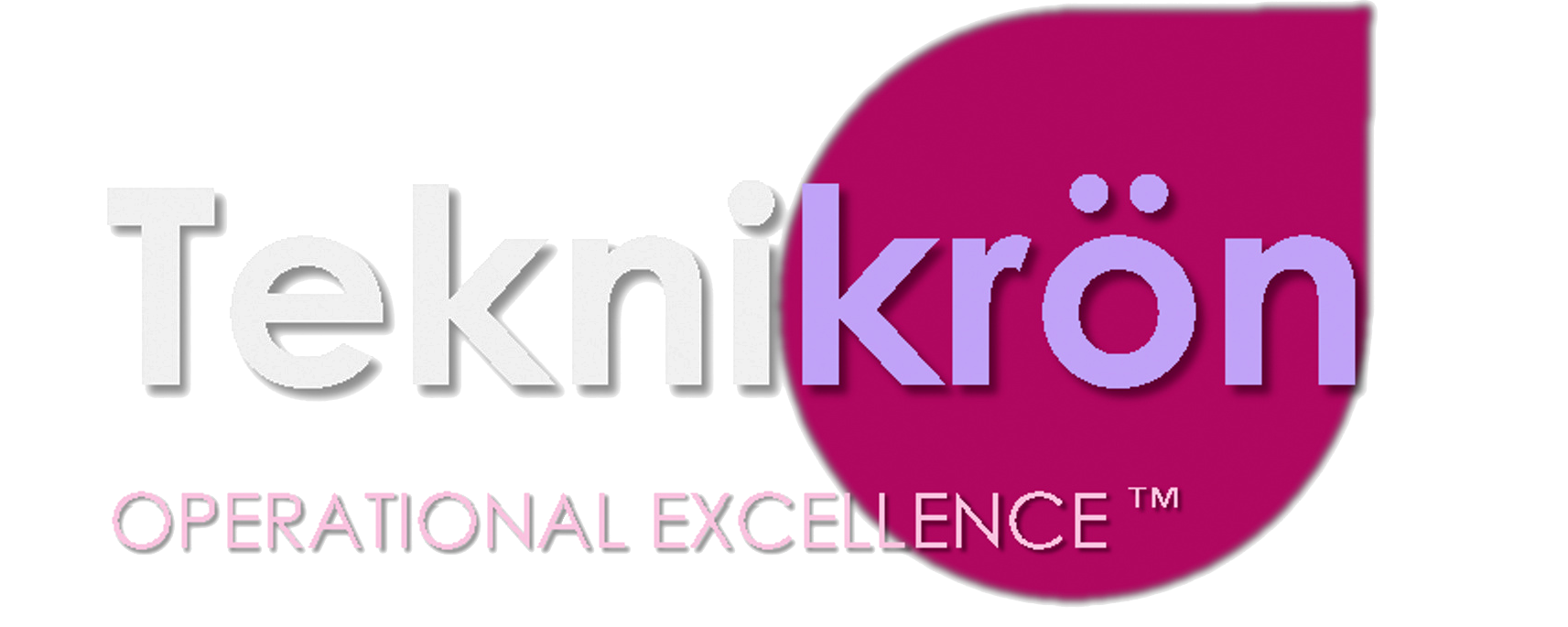From an experienced leader's perspective
After over twenty years of experience in the business world, and
serving in several multinational industries, I noticed an evolving common
problem, among the ranks of the human resources, a phenomena
called "specialists," whom have lead to a much bigger
and critical problem called
silo-ing. Specialists
in the past were people who held notable broad knowledge in an area
of expertise, but specific knowledge in certain sub-areas of
that expertise.
Today, many specialists, with their multitudes of certifications, have become too pigeonholed, and reliant on their predesigned frameworks, to the degree of monophagy and inability to think out of the box, and they have become much narrower in visual field and scope of business contributions per investment of resources. By not having the strategic situational awareness needed to run any aspect of a business, we find each specialist's responsibility beginning and ending with a task that is not perceived within the context of a business system, but from that of a political stratum and power center. This model causes a severe reduction in a company's chances of making timely and gradual quantitative and qualitative transitions without abrupt changes or discontinuities.
Over the past decade, a majority of the business and IT problems I was hired to address, and resolve, had to do -directly- with bad performance within a company, department, or project. The bottom-line triggers, consistently, had to do with one, or more than one, of the following:
1) Bad planning from the onset, and a lack of unified and strategic enterprise-wide direction or vision.
2) Scalability not being part of designed processes, and/or lack of dynamism in reengineering of processes as the business evolved or changed.
3) Improper follow-up or execution of existing operational tasks and/or processes. Lack of clarity.
4) Replacing change vehicles, or not, when best needed.
5) Erecting of silos (centers of self-serving political power/domination, lack/discouragement of cross-communication, etc.)
6) Improper technology used to achieve business objectives, and/or, technology used improperly to handle tasks.
7) The use of makeshift temporary solutions, created to resolve urgent situations, as permanent fixes due to laziness and falling into comfort zones.
8) Following consulting fads and cookie-cutter, wizard-run, one-size-fits-all solutions is seen as wise.
9) Tombstone change is the normal trigger for taking action.
10) Helmet fire is a normal part of the business culture.
11) Managers thinking that by hiring "Big-4 Consulting" labels, they will remove the weight of any responsibility of failure off their shoulders.
12) Lack of true leadership, which most often is the root-cause for the existence of any of the above points mentioned.
At Teknikrön, I am part of a team that is aware of all these issues, among others, from a nonjudgmental perspective. We bring the needed clarity to your efforts, and can either create customized solutions from scratch, or, where applicable, we can use time-proven comprehensive programs and plans that we have devised to address common problems, based on our practical experiences -while taking into consideration the unique attributes of your business. All our solutions will target and address your challenges as discretely or as publicly as you need us to.
Many of these issues can simply be addressed by proper training and reeducation, and others demand more strategic involvement, but in reality, and from what we have learned: it takes more than one problem for a business to start experiencing observable business problems. It is our business to define these problems, and remedy them at the root-cause level, in order to reposition your businesses growth and competitiveness, and we excel at what we do.
While I say all this, I also want to point out that sometimes an existing system at a client's site is already optimal, and is the best solution for the job at hand. We are a team with the guts to say "it's good the way it is; don't change it yet" --I was reminded of this, not too long ago, by a colleague and dear friend who told me the story of "the U.S. Air Force spending USD20-Million to figure out that the best replacement for an old C-130 is a new C-130! The design cannot be improved... Kelly Johnson (the designer at Lockheed) was a pretty smart guy!"
Contact us
to learn more about what we can recommend for you,
in order for your company to maintain a competitive
edge in your "market war strategy."








